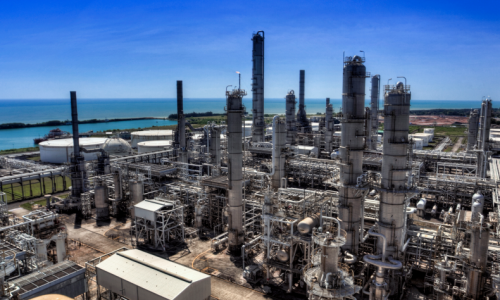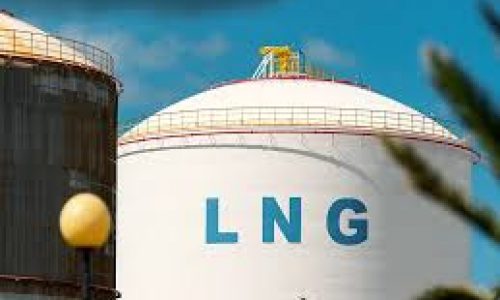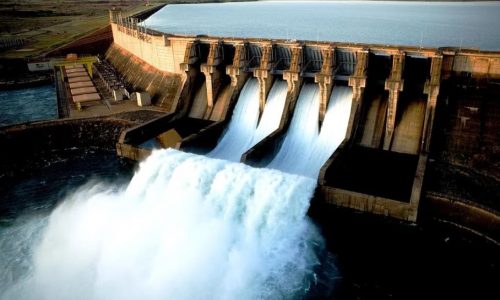Pertamina Lubricants, a subsidiary of the Pertamina Group specializing in commercial and trade, has ambitious plans to increase its market share in the African continent through three key strategies.
Syafaat Jajuli, VP Sales Overseas at Pertamina Lubricants, outlined the three strategies, which include:
- Developing strategic partnerships with several spare parts store networks that have hundreds of branches across Africa.
- Establishing a network of private channels for Pertamina Lubricant.
- Engaging in sponsorship activities at various motorsport events, including motocross, karting, drag races, and truck races at the Killarney International Raceway.
According to a report by Mordor Intelligence, the growth potential of the oil industry in Africa remains high, with a predicted 4% increase to reach 1.24 billion liters by 2026.
Syafaat explained that the strategy to enter the African market is part of Pertamina Lubricants’ long-term plan for regional market development. This includes building strong distributor relationships through the country distributor Indolube Pty Ltd.
Strengthening ties in Asia and Africa
He mentioned that the Pertamina Group has been fostering collaboration between Asia and Africa in line with the government’s mission to strengthen ties between the two regions. Pertamina is offering mutually beneficial cooperation opportunities, and Africa presents suitable business opportunities needed by Pertamina.
Pertamina has been promoting its oil products, including Pertamina Fastron, Enduro, Meditran, and Mesran, in South Africa since 2014.
Syafaat added that Pertamina Lubricants has expanded its business to 14 countries worldwide, including Australia, Thailand, Vietnam, Bangladesh, Japan, and Myanmar.
Pertamina Lubricants, a subsidiary of PT Pertamina Patra Niaga, is involved in the production, processing, transportation, storage, distribution, and marketing of lubricants, grease, specialty products, base oil, and their raw materials.
Pertamina Lubricants operates three production units in Gresik, Cilacap, and Jakarta, as well as one production unit in Thailand, with a total capacity of over 535 million liters per year.









